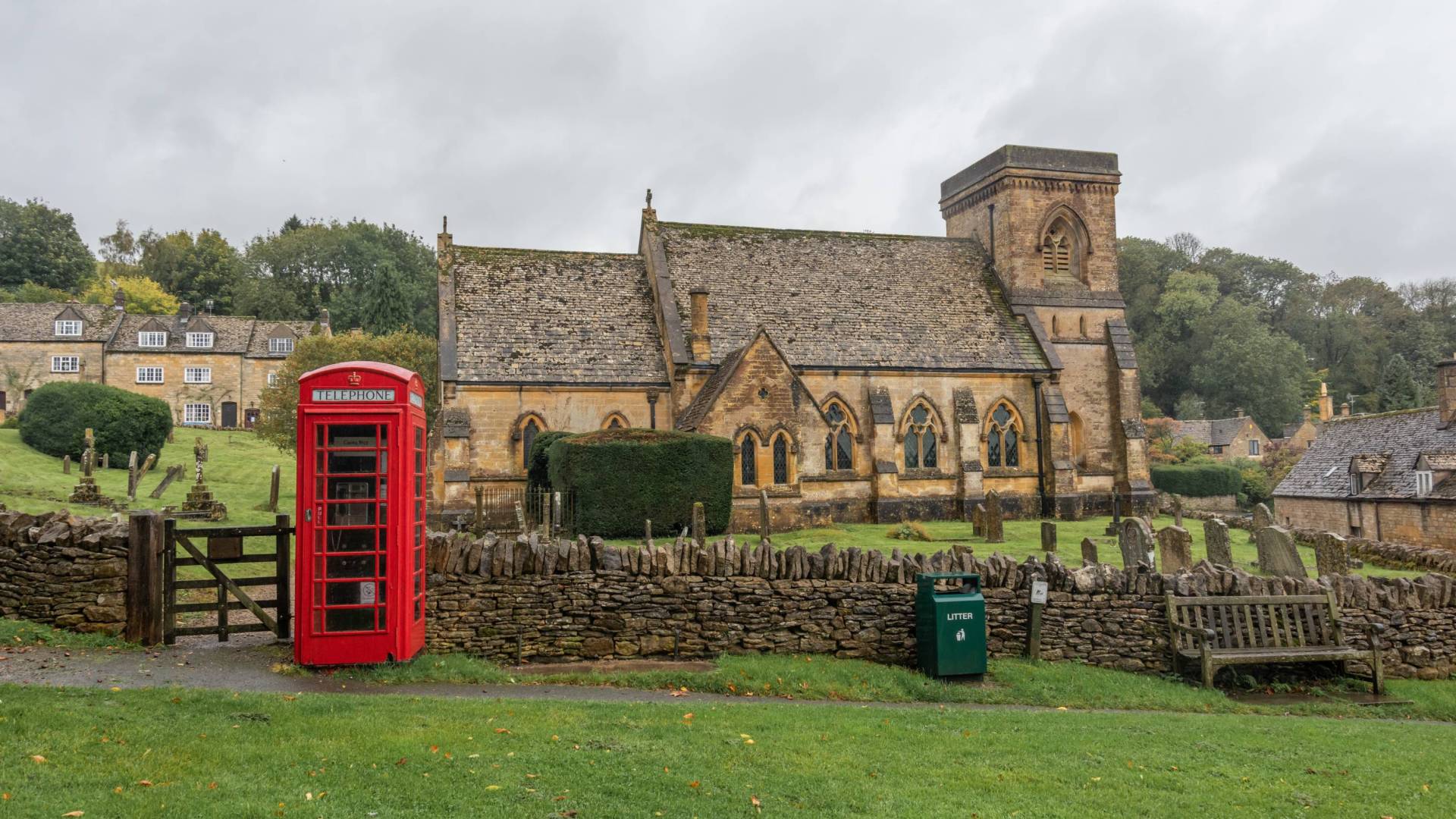A survey released by evangelical organizations in the United Kingdom last month found that, while around half of the country’s population identify as Christian, only 6 percent are “practicing” and active enough in their faith to attend church at least once a month.
The attendance decline is one reason over 2,000 churches have closed during the last decade. Communities are grappling with whether or how to save the historic buildings as new expressions emerge through church planting.
“If you were running a commercial organization, and you had a branch on every single High Street in the country but dwindling numbers of people visiting them, you would go bust if you didn’t close some branches,” said Theos senior fellow Nick Spencer. “That is the reality facing the church.”
The number of churches in the UK fell from 42,000 to 39,800 in a ten-year span, according to a 2021 report from the Brierley Research Consultancy.
“If you have churches in rural areas, and there are fewer people going into them, and indeed fewer people living in rural areas, and you don’t have the money to keep churches going, then they’re likely to close,” Spencer said.
A recent report from the Church of England found that up to 368 churches could be at risk for closure in the next two to five years, though the church said the rate of closure is slowing. These numbers of course don’t take other denominations into account, but many of the buildings belong to the Anglican Church.
Declines in attendance—and, in turn, involvement and giving—have left churches with fewer resources to maintain their aging buildings. Even churches with a fairly large worshiping body might not be able to afford repairs and restoration for churches that are hundreds of years old.
National Churches Trust and other nonprofits can help bridge this gap, eager to preserve the spaces that have played such a meaningful role in people’s lives and communities.
“A historic and beautiful church building reminds you that you are part of a bigger story than your own life, one that spans the centuries,” wrote Lucy Winkett, rector of St. James’s Church in Piccadilly. “The truth is that as people and as a society we need church buildings. At their best, they are public spaces with low barriers to entry (thresholds), that are open just because they’re open, free and easy to enter, inclusive, adaptable, beautiful, with a strong tradition of connection across time and space.”
The history and tradition that Winkett describes are of great importance to many across the UK who want to see local church buildings preserved even if they don’t attend.
“We would very much like as many churches as possible to remain open because of that local [connection],” Eddie Tulasiewicz of National Churches Trust explained. “[The church] means something to the people who live there. People are buried in the graveyard. There are memorials to people who may have done something important or lived there. It’s the history, which could be 50 years old, could be 200 years old, could be 1,000 years old.”
Urbanization has affected churches that once had a village to sustain them. Spencer explains that, for some rural churches, this local connection and history might be about all that’s left in a village.
“In many of the villages in which the church still exists, the local post office, the local bank, the local shop and the local pub have closed, and the church is often the last public building there,” he said. “The church is synonymous with the history and identity of these villages.”
Back in 2019, Brierley found that churches outnumbered pubs in the UK, since they too had been steadily closing.
Grants help struggling churches make repairs, but not all are able to remain open. Sometimes smaller churches close and consolidate with a larger church at a central location. Other times church buildings can be repurposed for other uses.
Meanwhile, churches themselves are meeting in new spaces according to community needs.
“I’ve never known such innovation in the UK, with church planting in different places in different communities,” said Gavin Calver, CEO of the Evangelical Alliance UK. “People are planting churches in coffee shops or in homes, and a lot of this church planting wouldn’t be measured. I’m excited about a fresh move of God in the UK, and the measure for that will not be how many church buildings we have, it’ll be how many active disciples we have, and I’m not sure those two things give you the same answer.”
With the exception of some larger Anglican churches, research has shown that immigrant churches and Black-majority churches are growing fastest as British demographics shift.
“Immigration is changing the face of religion in Europe, religion in the UK and Christianity in the UK,” Spencer said. “Migrant churches will meet in the school halls or cinemas. They are more focused on the people and community element than the building element.”
A Theos report found that London is one of the most religious places in the country, largely because of the immigrant population.
“The challenge and opportunity remain with younger generations because 86 percent of people that come to faith in the United Kingdom are under 25,” Calver said.
Church buildings will continue to decay. Some will be saved, while others will be repurposed or demolished. However, Calver firmly believes God has given the UK church a tremendous opportunity.
“We’re living in an incredible moment. I’m not going to deny that buildings have been closed or closing, but I’m excited about new expressions of church,” he said.
“I’m not going to deny that the number of people in the UK that would normally call themselves Christian is going down. But I’m excited about the number that might come to know Jesus in a powerful, personal way. We’re living in an incredibly exciting time where the spiritual temperature of the United Kingdom could be transformed.”











